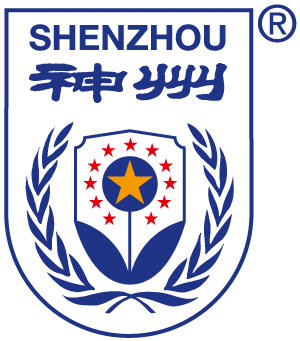Communication with Health Care Professionals
3 April 2025Toine Korthout
In individual healthcare, factors such as expertise, competence, empathy, communication skills, and understanding one’s own limitations are naturally of great importance. There are conceivable situations in which it may be useful, desirable, or even necessary to consult with other healthcare professionals involved in your patient’s care. This is where communication with other healthcare professionals comes into play.
In this interactive seminar, we will explore the types of communication channels between healthcare professionals, the legal aspects of communicating about patients, and the resulting requirements for communication between healthcare professionals. This may involve communication between conventional healthcare providers, complementary healthcare providers, or between complementary and conventional healthcare providers.
Based on the presented information, seminar participants will also engage in practical information exchange. Therefore, we ask you as a participant to bring a real or fictional case from your own practice that you might want to discuss with a colleague, a general practitioner, or a specialist of one of your patients.
There will also be an opportunity to exchange both personal and professional experiences with other course participants.
By the end of this course day, you will be able to discuss communication within and with conventional healthcare at least in terms of…
• The ways in which communication between conventional healthcare professionals takes place.
• The communication methods available to complementary healthcare professionals to communicate with conventional healthcare professionals, if necessary, within the framework of their patient care.
• The requirements that communication with other (conventional or complementary) healthcare professionals must meet, especially in terms of healthcare law.
Furthermore, during this seminar, you will have practiced communicating with a healthcare professional.
Toine KorthoutVoltooide de volgende opleidingen: Natuurgeneeskunde aan de Nederlandse Academie voor Natuurgeneeskunde te Hilversum, geneeskunde aan de Medische Faculteit van Rijksuniversiteit Limburg, acupunctuur C-opleiding bij Stichting NAAV Onderwijs met specialisatie Auriculo en Pedagogische didactische bekwaamheid voor hbo-docenten aan Interstudie NDO van Hogeschool van Arnhem en Nijmegen.
Price
Student discount
Shenzhou student: 15%
External TCM student 5%
(Limited places available for students)
Please see the payment and registration conditions for seminars in the registration form.
Accreditation
- NVA WM-C, Zhong Cat 3 (7 NAPs), VBAG, LVNT, NWP, TCMned
Dates & Time
10 am – 17 pm (1 hour break)
Location
Geldersekade 67, 1011 EK Amsterdam
Language
Levels of experience
- Acupuncturist, Herbalist or final year student
- Therapist with valid MBK (WM) diploma
Number of participants
More WM seminars
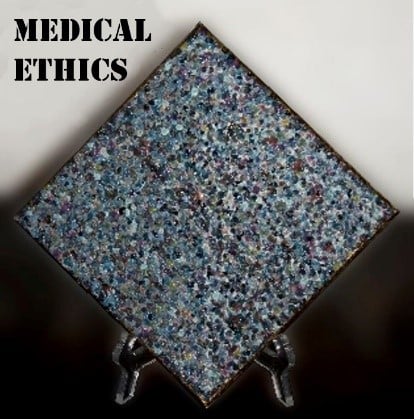
Medical Ethics
Sooner or later, incidentally or frequently, therapists will meet in their contacts with patients circumstances where different options to act present themselves. In such cases it is often not a matter of choosing between just black and white, but merely between the one grey and the other. Arguments pro or contra can be put forward for any possible option. That what does justice to one principle might detract from the other, and vice versa. Norms prescribe how to act, but different norms might seem inconsistent towards each other. Nevertheless, choices must be made in given circumstances. Ethics may help you to make responsible choices. Medical ethics does so in cases related to patients and healthcare.
Read more >

Menopause
Menopause is a natural part of aging for women, marked by varying experiences and symptoms such as hot flushes, night sweats, sleep disturbances, low mood, anxiety, weight gain, reduced sex drive, and cognitive challenges. These symptoms are caused by hormonal fluctuations and can significantly affect quality of life.
The lecture will explore menopause from both Western medicine and Traditional Chinese Medicine (TCM) perspectives, detailing clinical symptoms and signs, current management approaches like Menopausal Hormonal Therapy (MHT) and TCM, and strategies for improving quality of life, including lifestyle adjustments. Group discussions will allow participants to share practical experiences in managing menopause.
Read more >
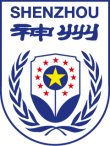

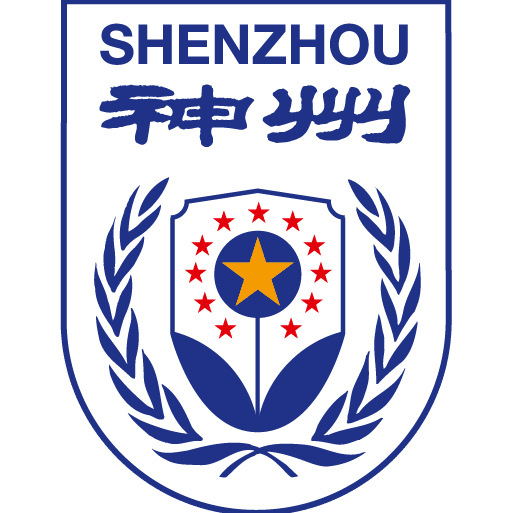

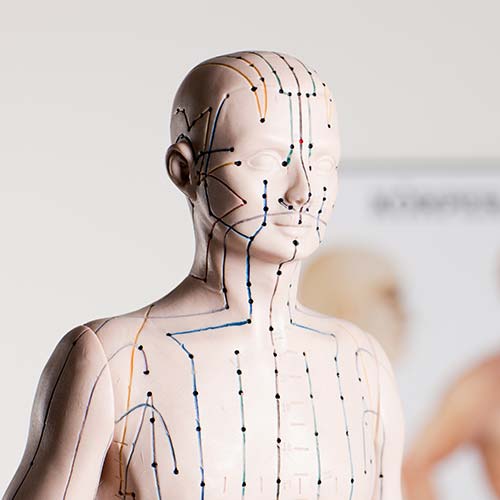
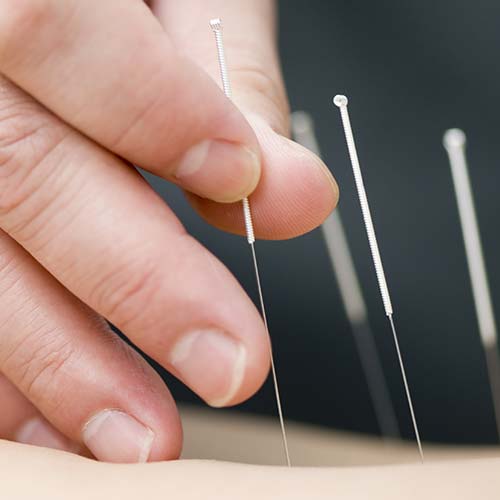


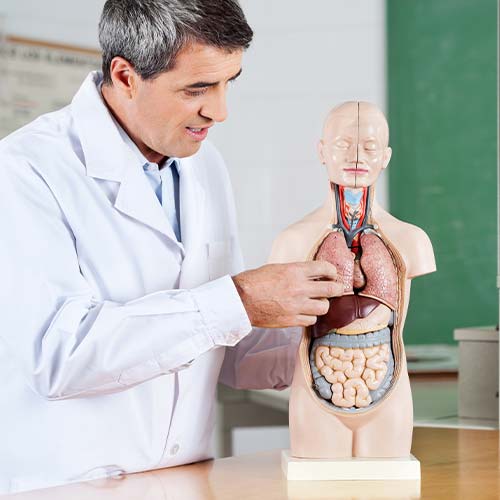
 Toine Korthout
Toine Korthout